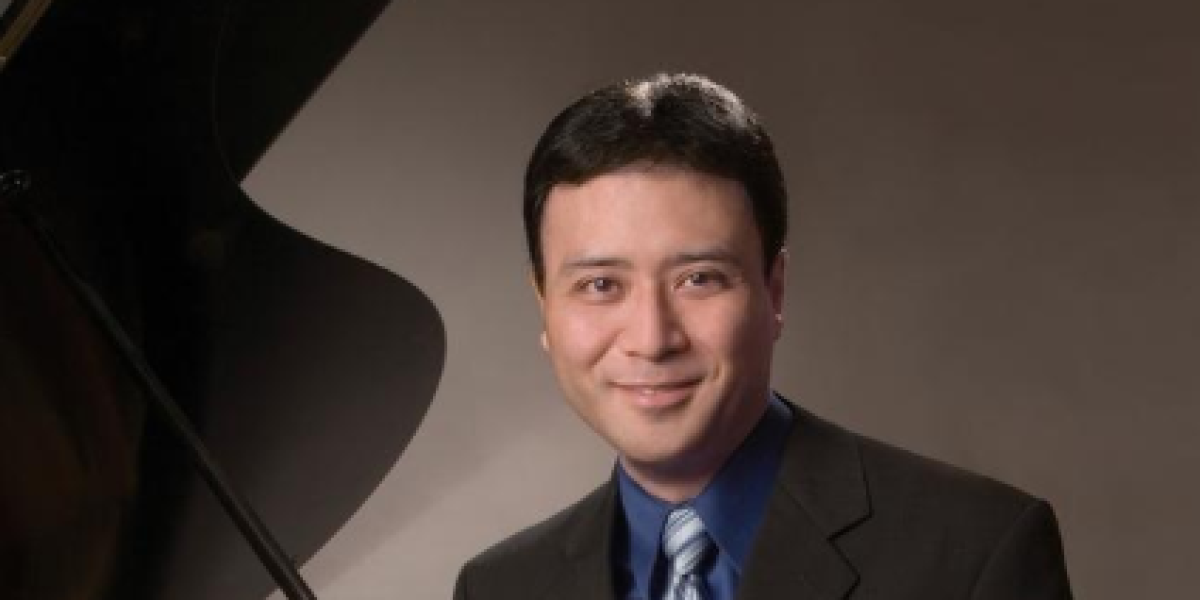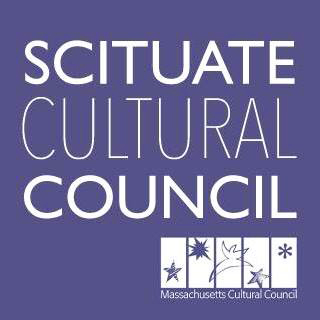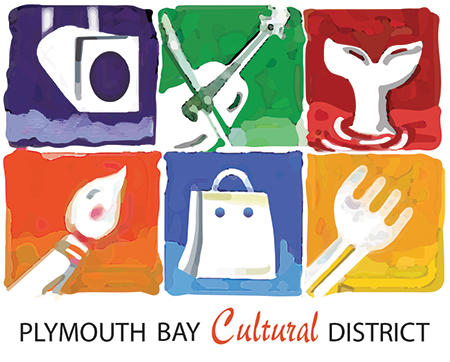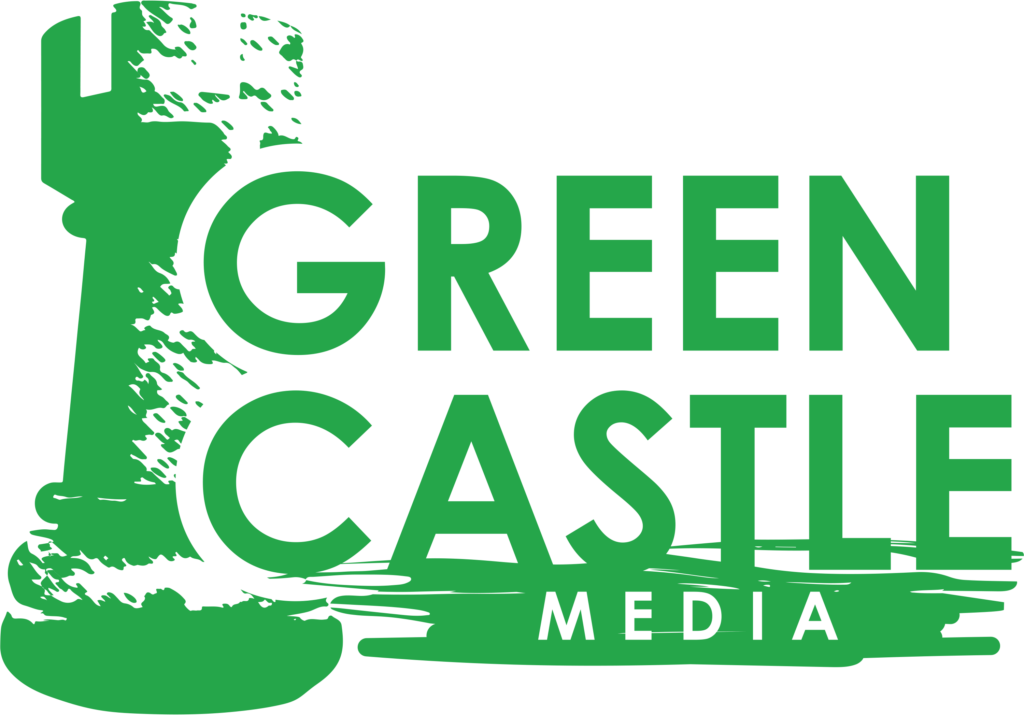
CAPE COD TIMES – Four times two equals 176. Fuzzy math for some —unless you’re talking about four musicians, all eight hands, playing two pianos. Sometimes all at once. Then it all adds up.
Keyboard music for one piano, for two pianos, for two musicians at one piano, and for two musicians each at two pianos was the feature Tuesday night at the Cotuit Center for the Arts, part of the ongoing Cape Cod Chamber Music Festival.
Festival co-director Jon Nakamatsu invited three friends – former director Brian Zeger, along with Lisa Nakamichi and William Wolfram – to join him in various combinations, for a bracing set of works ranging from Mozart to Milhaud.
Nakamatsu set the bar high, by opening solo with two Schubert impromptus. The first was a languid serenade, the second a fiery set of triplet scales. Nakamatsu seemed to say to his friends, “Better play together from here on out.”
The dynamic of multiple players on the same instrument can be competitive. Sometimes they push each other, then cajole, or encourage. And the urge to compare players is irresistible. Hearing the same phrase, repeated by different hands, is always insightful: a little more rubato from one, a different approach to pedaling, a changing notion of articulation. And much of this music lent itself to alternate approaches.
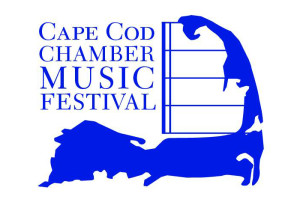 Wolfram joined Nakamatsu in Mozart’s K. 448 sonata for two pianos. The sonata shows the composer not only creating a dense construct, but leaving plenty of space in between the notes and phrases for the ideas to breathe. This richly developed D major might be best known as a centerpiece work of the notorious Mozart Effect – designed to guide your baby’s developing brain into greatness.
Wolfram joined Nakamatsu in Mozart’s K. 448 sonata for two pianos. The sonata shows the composer not only creating a dense construct, but leaving plenty of space in between the notes and phrases for the ideas to breathe. This richly developed D major might be best known as a centerpiece work of the notorious Mozart Effect – designed to guide your baby’s developing brain into greatness.
Perhaps none of the generation of geniuses who absorbed this sonata in the womb, and throughout their formative diaper years, were in the audience. But if they had been, certainly their molded intelligence would have grown even greater – given this sparkling performance.
In Concert
What: Cape Cod Chamber Music Festival
When: concert performed Tuesday night
Where: Cotuit Center for the Arts, 4404 Falmouth Road
Festival reservations, information:www.capecodchambermusic.org or 508-247-9400
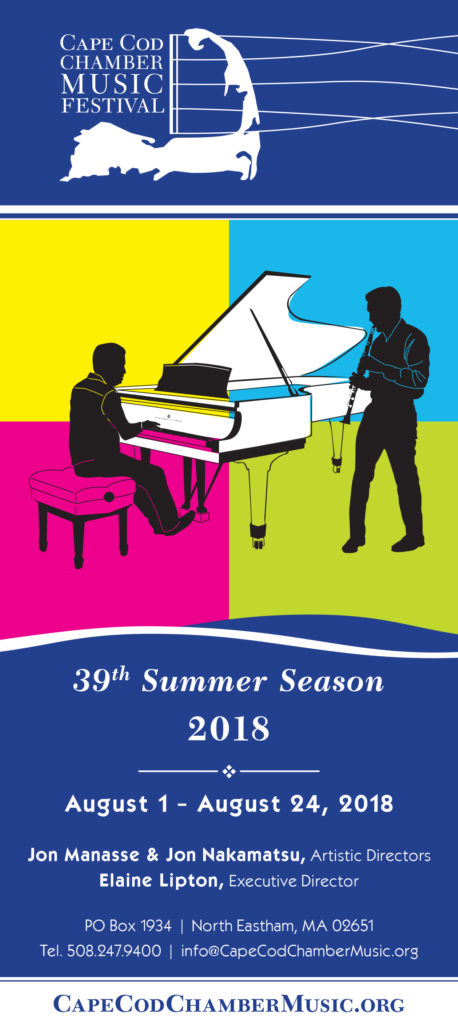 A gasp of recognition went through the audience when Zeger launched into the “St. Anthony Chorale,” the theme for Brahms’s set of inspired variations. It’s one of those tunes that everyone recognizes – but that most could not name without some clue. The moods of the nine variations range spectacularly, from romantic to stoutly military. Brahms works over the theme exhaustively.
A gasp of recognition went through the audience when Zeger launched into the “St. Anthony Chorale,” the theme for Brahms’s set of inspired variations. It’s one of those tunes that everyone recognizes – but that most could not name without some clue. The moods of the nine variations range spectacularly, from romantic to stoutly military. Brahms works over the theme exhaustively.
Wolfram complemented on the second piano. It was a distinct pleasure to hear Zeger return to the festival that he helped grow into maturity. A distinguished partner for many of the finest singers working today, Zeger brought that collaborative spirit to this duo performance.
Lighter works – lighter in character, but hardly frivolous musically – filled the second half of the program.
Nakamichi, sitting in the treble position, and Zeger played a touching set of two-handed children’s works by Ravel – his “Mother Goose” suite. Milhaud’s “Scaramouche” suite (two pianos this time – Nakamatsu and Nakamichi) also brings the listener to that “where have I heard this before?” place, especially the closing movement, “Brasileira,” sounding all the world like a genuine folk melody from that country, but in fact a clever fabrication of the composer.
Two pianists each at two pianos, along with two page turners, made the concert closer, a transcription of Gounod’s Waltz from the opera “Faust,” look like a dating bar at happy hour. Zeger and Nakamatsu, seated at the backstage instrument, were relegated to “oompa” accompaniment, much to everyone’s amusement. Nakamichi realized most of the melodies, with a lively touch.
The next Cape Cod Chamber Music Festival performance will be Wednesday, with the Harlem Quartet performing at the Congregational Church, 650 Main St., Chatham. On Friday, narrator Adam Gopnik and the Borromeo String Quartet will perform at the Congregational Church, 200 Main St., Wellfleet.
By Keith Powers, contributing writer

